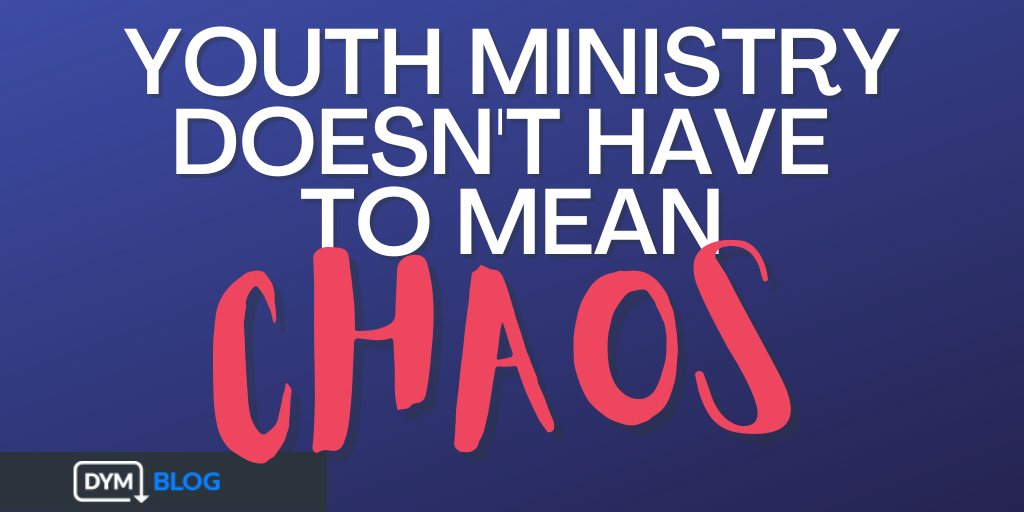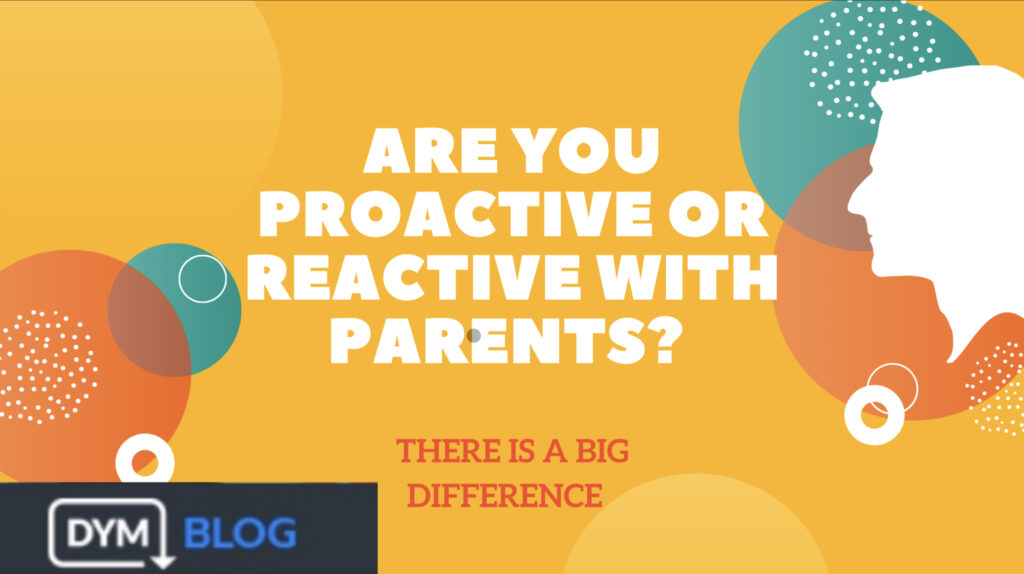3 Signs You Need to Slow Down

As youth pastors, we often find ourselves in a whirlwind of activities and events. We’re planning the next sermon, scheduling meetings with volunteers, and running from one event to the next. It can be hard to pause and really take a moment to rest.
But rest is essential for our physical, mental and spiritual health. If we don’t take the time to rest, we won’t be able to give our best to the ministry. With that in mind, here are 3 signs that you need to slow down and rest once in a while:
1. When You Feel Overwhelmed – If you’re constantly feeling stressed and overwhelmed, it’s a sign that you need to take a break. Feeling overwhelmed could be a sign that you’re taking on too much and need to re-evaluate your priorities. It’s important to take a step back, assess the situation, and find ways to reduce your stress. We can’t pour from an empty cup, so make sure to take time to fill it back up and rest. In Matthew 11:28, Jesus tells us, “Come to me, all who labor and are heavy laden, and I will give you rest.”
2. When You Feel Disconnected From God – When we’re too busy, it’s easy to become disconnected from God. If you’re feeling distant from God, it’s a sign that you need to slow down and give Him your full attention. Rest is a vital part of our spiritual walk, and it’s important to make time to spend with God. As Psalm 46:10 tells us, “Be still and know that I am God.” Taking the time to be still and rest in God’s presence will help us to reconnect with Him.
3. When You Can’t Focus – If you’re having trouble focusing, it’s a sign that you need to take a break. When we’re tired, our minds can’t focus, and we can’t do our best work. Take a break and use that time to pray, read Scripture, and rest in the presence of God. You can also take a walk, journal, or spend time with friends and family. All of these activities can help you to relax, refocus, and gain perspective.
By taking the time to slow down and rest, we can be better equipped to serve our ministry and glorify God. Remember, it’s ok to take a break and rest once in a while. Make sure to honor God by taking time to rest and recharge so that you can serve with a renewed spirit.
Need something to send to parent that sends the same message? We’ve got a great resource for you!
PARENT RESOURCE: 4 Signs You Need to Slow Down
We are all aware that life can be busy. Our calendar is jam-packed each week with work, kids, school, sports, and friends. Our culture moves quickly and keeping up can be so exhausting that it hurts us. This new year, you may need to slow down. Here are 4 signs your fast-paced life is killing you.
How to use:
1. Attach to your next parent newsletter
2. Print and have available at your next parent meeting
3. Create a resource hub in your space for grab and go parent resources
4. Create a monthly “parent equipping” (separate from newsletter) video explaining how to use the tool.
Gold members got this for free this month. Want to get free stuff? Become a Gold Member today!


 Ashley Weyant
Ashley Weyant 


 Josh is the Campus Student Pastor at the Chapel in Grayslake, Illinois. He’s been serving in youth ministry for over half of his life, and he is finally trying to put into practice all the things he learned when he read “Your First Two Years in Youth Ministry” in 2002. In the meantime, he’s been making games, countdowns, and social media content for DYM because that’s the kind of stuff he wishes he had back when he was first getting started.
Josh is the Campus Student Pastor at the Chapel in Grayslake, Illinois. He’s been serving in youth ministry for over half of his life, and he is finally trying to put into practice all the things he learned when he read “Your First Two Years in Youth Ministry” in 2002. In the meantime, he’s been making games, countdowns, and social media content for DYM because that’s the kind of stuff he wishes he had back when he was first getting started.


 Ansley has served in youth ministry for two decades and holds a certificate of Youth and Theology from Princeton Theological Seminary. She loves the relational aspect of youth ministry as well as helping equip adults and students to lead. Ansley lives on her family’s beef cattle farm in Virginia with her husband and two young sons (and, sadly, no llamas).
Ansley has served in youth ministry for two decades and holds a certificate of Youth and Theology from Princeton Theological Seminary. She loves the relational aspect of youth ministry as well as helping equip adults and students to lead. Ansley lives on her family’s beef cattle farm in Virginia with her husband and two young sons (and, sadly, no llamas).

 Matthew and Heather have been in full time youth ministry for twenty years. They have four sons ranging from 13 to 20 years old, which means the majority of their time is spent buying food and replacing broken furniture. You can find Matthew’s writing, resources, and podcast, on his website,
Matthew and Heather have been in full time youth ministry for twenty years. They have four sons ranging from 13 to 20 years old, which means the majority of their time is spent buying food and replacing broken furniture. You can find Matthew’s writing, resources, and podcast, on his website, 


